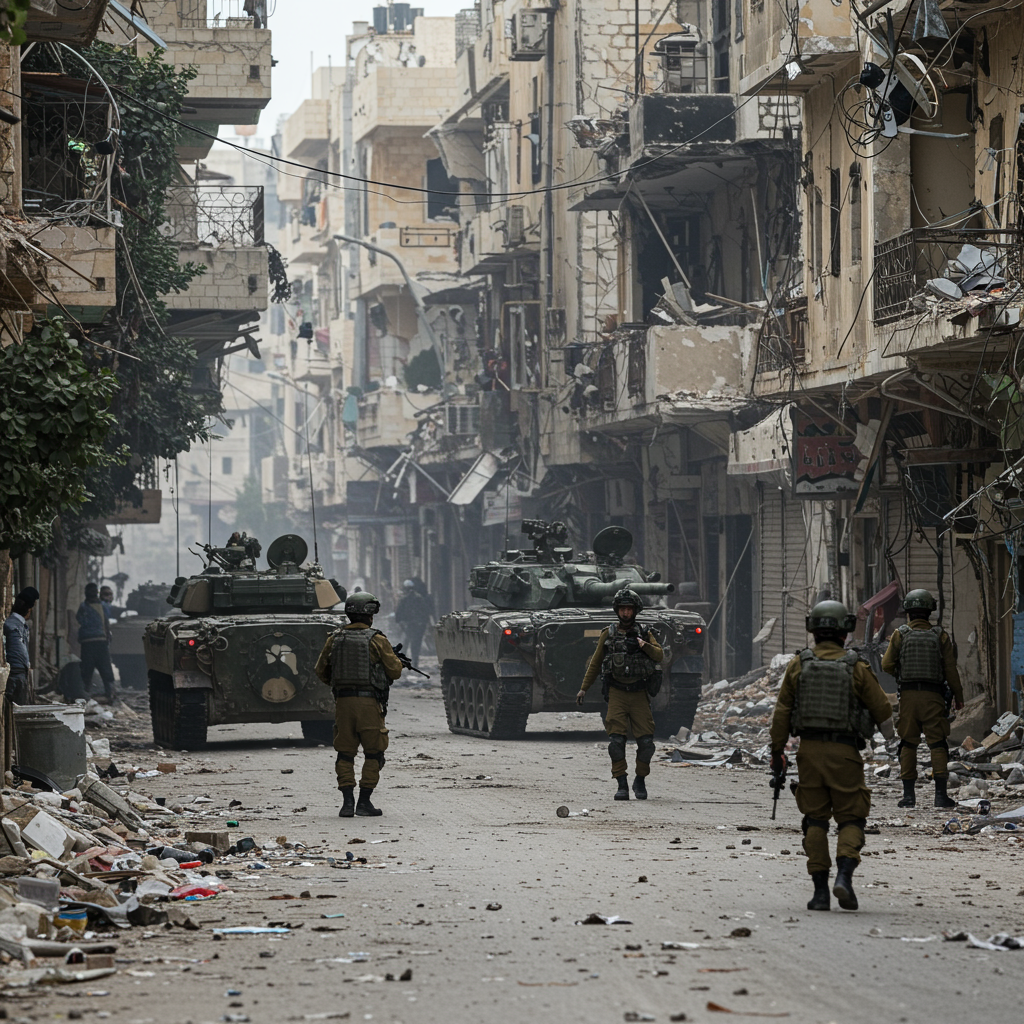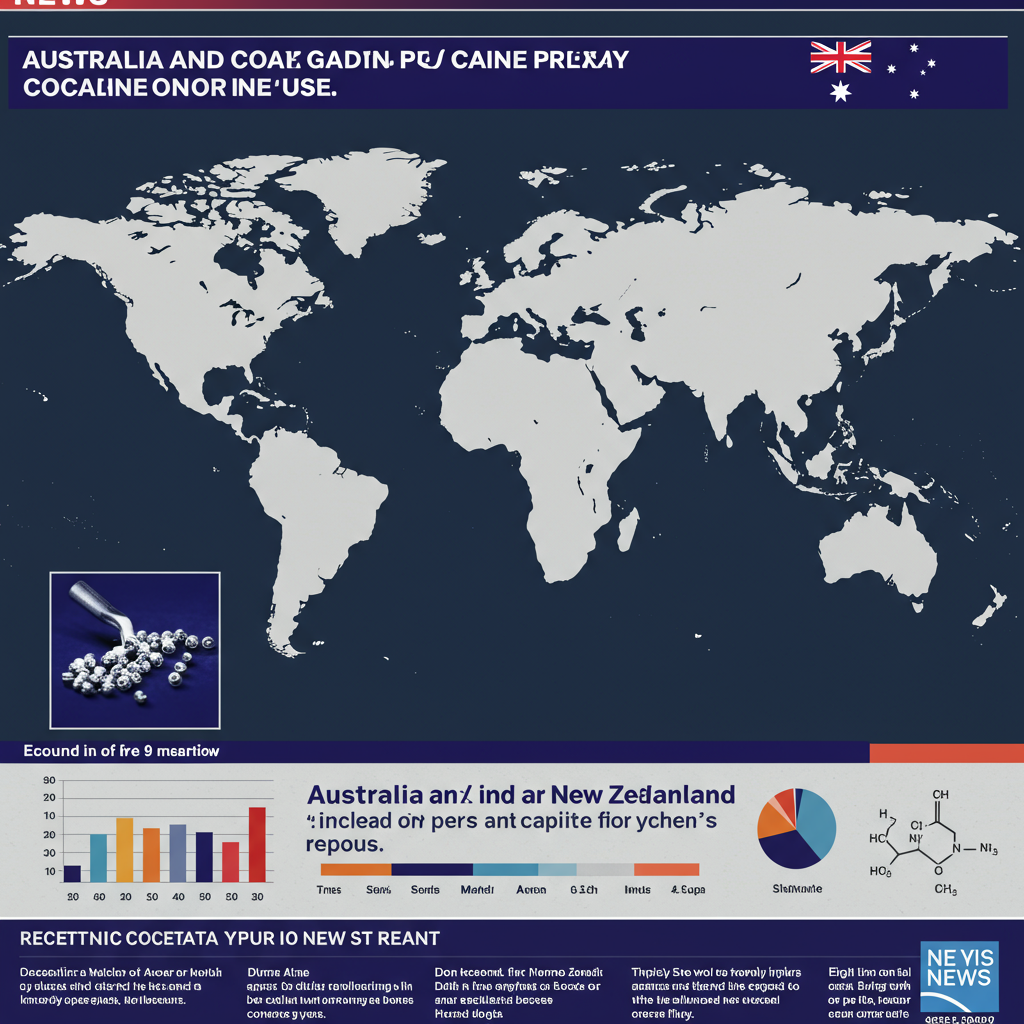Seven Israeli soldiers were killed in a Hamas attack in the southern Gaza Strip on Tuesday, marking one of the deadliest incidents for Israeli forces in the territory in months. The Israel Defense Forces (IDF) announced the fatalities on Wednesday, highlighting the continued intensity of the conflict.
The soldiers, members of the 605th Combat Engineering Battalion, were operating in Khan Younis when an explosive device planted by Hamas militants struck their armored vehicle. The impact caused the vehicle to catch fire, and despite rescue efforts, the soldiers could not be extracted. Hamas later claimed responsibility for the ambush.
Brigadier General Effie Defrin, an Israeli army spokesperson, described the incident as “difficult and complex.” He noted that the 605th battalion had been actively engaged in vital operations in Khan Younis, including locating and demolishing militant tunnels and eliminating terrorists as part of broader efforts to dismantle terror infrastructure.
Mounting Casualties on Both Sides
The deaths of the seven soldiers bring the total number of Israeli military personnel killed in Gaza since October 7, 2023, to 879. More than 400 of these fatalities have occurred during ground operations within the Gaza Strip. The incident drew comparisons to other difficult days for the IDF during the conflict.
The human toll of the war extends far beyond military casualties. Over the same 24-hour period leading up to Wednesday, Israeli attacks in the Palestinian territory killed 79 people, according to local health authorities. This adds to a grim total exceeding 56,000 Palestinians killed since the conflict began on October 7, 2023. Gaza health officials state that over half of the deceased are women and children.
A significant portion of recent Palestinian deaths has occurred during desperate attempts to access humanitarian aid. On Tuesday alone, at least 33 people were killed while seeking assistance. Palestinian witnesses and medical sources allege that Israeli forces have repeatedly fired upon crowds at aid distribution points, resulting in hundreds of deaths in recent weeks. The Israeli military maintains that it fires warning shots at individuals approaching forces suspiciously.
Humanitarian Crisis and Aid Challenges
The humanitarian situation in Gaza remains dire, deteriorating significantly since fighting resumed in March. Famine-like conditions are prevalent, exacerbated by restrictions on aid flow. A nearly two-month siege on humanitarian aid earlier in the year severely impacted supplies. While some aid is now entering, aid groups deem it insufficient. UNICEF recently warned that 60% of Gaza’s water production facilities are non-functional and reported a 50% increase in acute child malnutrition from April to May.
Accessing aid continues to be fraught with danger. A new US- and Israel-backed private initiative, the Gaza Humanitarian Foundation (GHF), has delivered millions of meals, distributing aid in boxes at sites in IDF-controlled areas secured by private security. However, accessing these sites has proven highly dangerous, with reports of shootings at distribution points, leading to widespread condemnation of the GHF by aid groups who allege violations of neutrality principles.
Stalled Ceasefire Talks and Political Divisions
The deadly attack on Israeli troops occurred amidst stalled negotiations for a ceasefire and the release of hostages. Fighting in Gaza has continued largely uninterrupted, even as Israel recently saw a period of de-escalation following a fragile ceasefire with Iran.
Ceasefire talks have made little progress since fighting restarted in March after an earlier truce ended. Hamas insists on a total end to the war in Gaza and Israeli withdrawal – demands Israel has rejected. Israel’s stated primary goal in the conflict is the return of the remaining approximately 50 hostages held in Gaza, around 30 of whom are presumed dead.
The US has put forward ceasefire proposals, including pauses in fighting and efforts towards long-term peace alongside phased hostage releases. However, differing demands from both sides have prevented a breakthrough. The Hostages and Missing Families Forum in Israel has called for urgent negotiations to bring back the captives and end the conflict, urging for the recent Israel-Iran ceasefire to be extended to Gaza.
The continuation of the war faces division within Israel. Some officials and figures, including Knesset members from religious parties, have publicly questioned the necessity of ongoing operations and called for an end to the fighting. Conversely, hardline members of the government vehemently oppose a ceasefire, asserting that a military victory against Hamas is achievable within months.
The incident in Khan Younis serves as a stark reminder of the ongoing violence and human cost as the conflict approaches its two-year mark, set against a backdrop of a deepening humanitarian crisis and complex political and diplomatic challenges.



